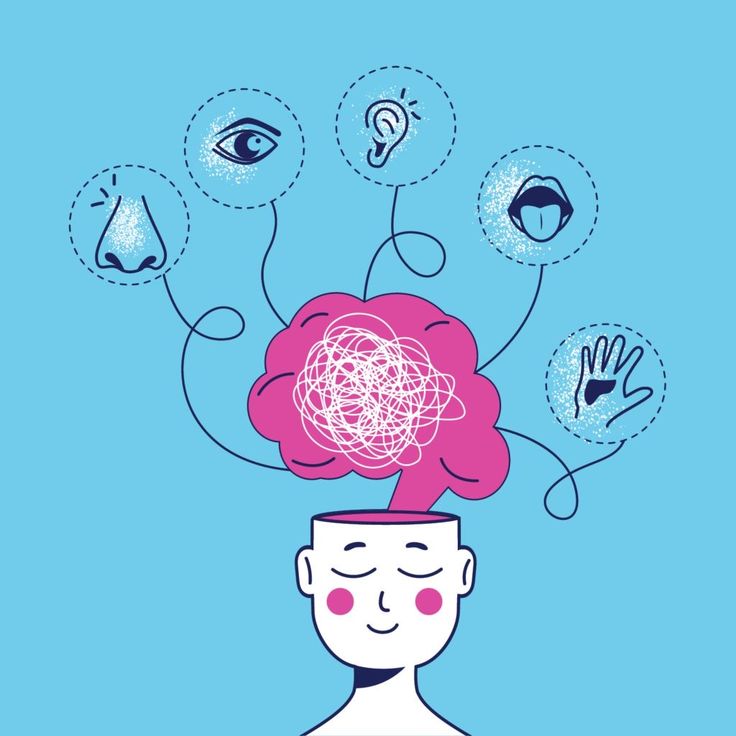Stress is a natural part of life, but when it becomes chronic, it can take a toll on both mental and physical health. Fortunately, there are simple stress management tips that can help you regain balance and improve overall well-being. In this article, we explore the most effective strategies to reduce stress and promote a healthier lifestyle.
Managing Chronic Stress: Effective Strategies for a Healthier Life
Stress is a natural response of the body to challenging situations. However, when it becomes chronic, it can severely impact both physical and mental health. Learning how to manage stress is key to improving overall well-being. This article explores effective strategies to reduce stress and promote a healthier lifestyle.
What Are the Best Techniques for Managing Stress?
The most effective techniques include meditation, deep breathing, physical exercise, time management, and self-care.
How Much Time Should I Dedicate Each Day to Stress Management?
It depends on the individual, but dedicating at least 15-30 minutes daily to relaxation activities can make a significant difference in reducing stress.
Strategies for Stress Management

Recognizing Chronic Stress
Chronic stress manifests through various symptoms, including:
- Constant fatigue
- Insomnia
- Irritability
- Muscle pain
- Difficulty concentrating
If these signs persist, it’s important to take action to reduce stress and improve your quality of life. Recognizing these symptoms early can help you implement effective coping strategies.
Best Techniques for Managing Stress
There are many techniques to manage stress effectively. Some of the most beneficial include:
- Meditation & Mindfulness – Helps focus attention on the present moment and reduces anxiety.
- Deep Breathing Techniques – Activates the parasympathetic nervous system to reduce tension.
- Physical Exercise – Releases endorphins, promoting well-being and reducing stress.
- Effective Time Management – Reduces feelings of overwhelm and enhances productivity.
- Healthy Eating Habits – Supports hormonal balance and overall well-being.
- Restorative Sleep – Essential for mental and physical recovery.
- Social Support – Strengthens relationships and reduces loneliness.
- Recreational Activities & Hobbies – Provides relaxation and stimulates creativity.
- Professional Help – Guidance from therapists or coaches for tailored support.
How Much Time Should You Dedicate to Stress Management?
The amount of time needed varies for each person. However, dedicating at least 15-30 minutes daily to relaxation activities can significantly reduce stress levels. Even small changes can lead to substantial improvements over time. Consistency is key to experiencing long-term benefits.
General Benefits of Stress Management

Effectively managing stress offers numerous benefits, including:
- Improved mental and emotional health
- Increased productivity and concentration
- Strengthened immune system
- Reduced risk of chronic illnesses
- Healthier and more satisfying relationships
Managing stress effectively is essential for a healthier and more fulfilling life. By incorporating techniques like mindfulness, exercise, and proper time management, you can reduce stress levels and enhance your well-being. Start applying these stress management tips today and experience the benefits of a calmer, more balanced life.





